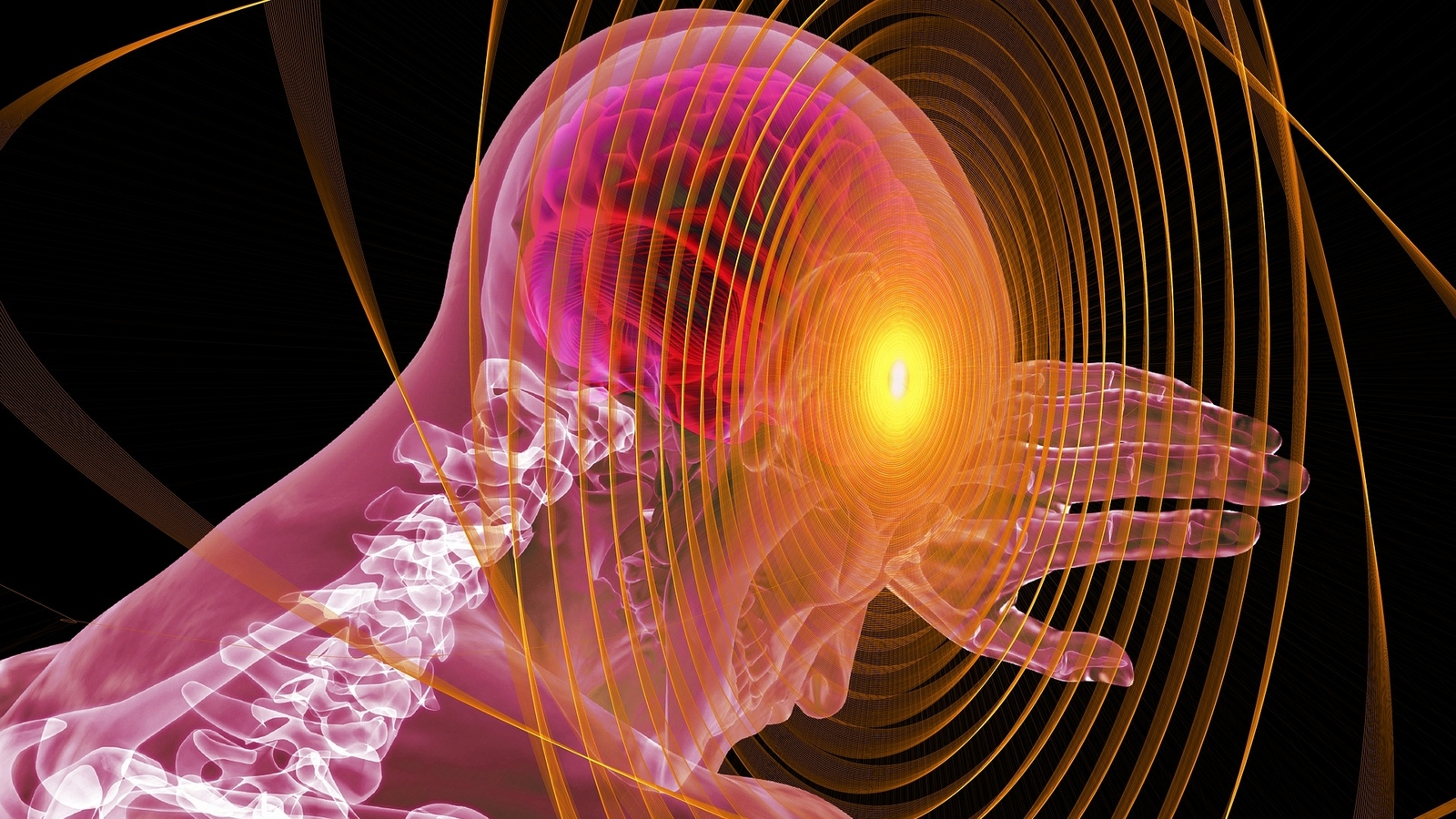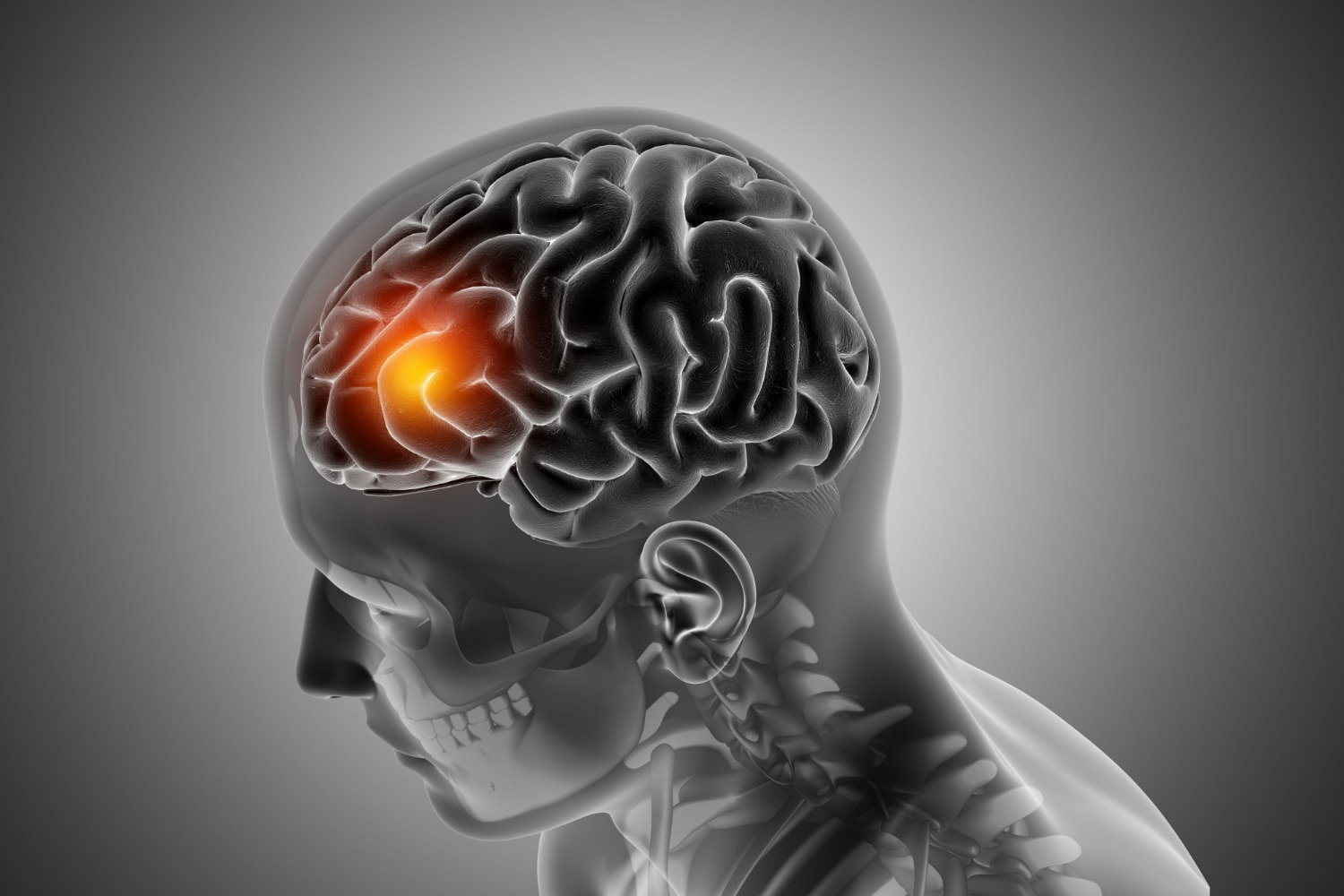
Manipal Hospital neurologists warn about rising stroke cases in young people; share crucial early warning symptoms
Strokes are a leading cause of long-term disability and can strike without warning, making early detection absolutely crucial. Many people miss subtle signs that could help prevent severe brain damage. HT Lifestyle has reached out to experts to share the key early symptoms of a brain stroke that everyone should be aware of. (Also read: Manipal Hospital orthopaedic surgeon explains how simple lifestyle changes can reverse early bone loss )
Why is early recognition of stroke symptoms crucial
According to Dr Ritesh Kumar Bhoot, Consultant, Neurosurgery, Manipal Hospital, Bhubaneswar, awareness is especially crucial for two reasons: strokes in younger individuals and the importance of recognising symptoms early to ensure timely hospital care in stroke units.
The old mnemonic “FAST” remains highly relevant:
F – Facial palsy
A – Weakness of one side of the body
S – Difficulty in speech
T – Time to onset
“The moment one sees any of these symptoms in their elders, they should bring the patient immediately to the nearest hospital with a stroke set-up. If the patient is brought within the golden time of 4 hours from the onset, it is very likely that the patient can be saved and his/her symptoms can be reversed,” says Dr Ritesh.
He adds, “The other reason is stroke in youngsters. The main reason behind such a disease at a young age is lifestyle changes, more junk food, lack of exercise, decreased sleep, excessive screentime, untoward stress, etc.

Why are young people increasingly at risk of stroke
Dr Ritesh further explains, “To spread such awareness, the public and private sectors can combine their strength and make campaigns in different schools and colleges of India. It can organise talks in different offices and make them understand that time is money for these patients. A successful awareness camp is equivalent to saving the lives of patients working in that office. Hence, let us pledge to prevent such strokes by organising such beautiful camps.
“Stroke has become a very common neurological disease in recent times. It’s imperative that everyone, particularly younger members of society, be aware of stroke symptoms,” says Dr Shobha N, Consultant, Neurologist and Stroke Physician, Manipal Hospital, Malleshwaram.
How can awareness help save lives
“Stroke symptoms can be remembered with the mnemonic FAST: F stands for Face, A for Arm, S for Speech, and T for Time. Patients typically present with these sudden-onset symptoms, facial drooping, weakness in an arm or leg, and slurred or unintelligible speech. The moment these signs are noticed, time shouldn’t be wasted, and the person should be taken immediately to the nearest stroke-specialised hospital,” she explains.
“Stroke in young people has become increasingly common. Risk factors like diabetes mellitus and hypertension, previously seen mostly in the elderly, are now appearing in younger generations. Additional factors such as stress, obesity, a sedentary lifestyle, smoking, alcoholism, drug addiction, and poor dietary habits like junk food, which can lead to dyslipidemia and vitamin B12 deficiency, also increase the risk of stroke,” Dr Shobha adds.
“Moreover, young people often care for elderly parents or grandparents at home. If they are educated about early stroke symptoms, they can act swiftly and bring the patient to the nearest hospital for timely treatment. With the tech-savvy nature of the newer generation, they can also help ensure the patient receives the best possible care within the golden hours of stroke management,” she concludes.
Note to readers: This article is for informational purposes only and not a substitute for professional medical advice. Always seek the advice of your doctor with any questions about a medical condition.
First Appeared on
Source link






